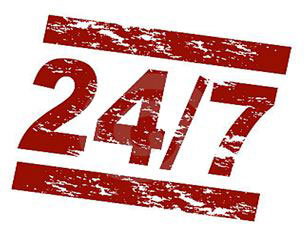Off Season for Public Safety Divers

The fact is, operating as a public safety dive team is a year-round, any time of day, most any type situation operation. Doing so requires that teams and personnel be ready for that same 24 hours/7 days a week, 365 days a year no matter the time of year.
While seasons may dictate some minor changes, say equipment considerations or dive truck/trailer modifications, dive teams and their members should always be at peak readiness and peak performance, as often said, “we don’t get to choose the time and place.” We do get to choose how we respond, however.
Here is a sampling of some points to remember, review or make part of your routine.
Adapt for seasonal changes.
- If located in a cold weather climate, add some hand warmers or boot warmers to the dive truck or trailer.
- Cold weather usually means dry weather, humidity wise. Along with the extremely dry breathing gas in scuba cylinders, proper hydration still remains a consideration.
- If your team deploys a portable canopy as a sun shade, consider adding attachable/detachable walls to shield wind. Needless to say – but I will say it – be careful of heating sources used to ward off cold and possible carbon monoxide (CO).
- Run through cold water/winter drills. Review key points about equipment freezes and problem solutions.
- Have extra gloves on hand. Those who perform tender duties will appreciate a change of gloves during a dive. Going from wet to dry and cold to warm is nice. Really nice.
- Pre-plan response scenarios based on location. For example, a stream or river that partially freezes in the winter will have good ice, bad ice and no ice. Are you prepared for all three? Can you safely approach any one of those scenes?
- Adapt your training regimen for the proper season.
- While on the subject, don’t forget about personal training as well. Team members still should maintain an exercise schedule as close to their normal routine.
- Perhaps your jurisdiction has a separate cold water/ice rescue team. Consider joint training exercises where both teams benefit from a greater understanding of each other.
Frankly, I could go on and on here. We welcome any suggestions your team has. Let us know!
Contact SDI TDI and ERDI
If you would like more information, please contact our World Headquarters or your Regional Office.
Tel: 888.778.9073 | 207.729.4201
Email: Worldhq@tdisdi.com
Web: https://www.tdisdi.com
Facebook: facebook.com/PublicSafetyDiving


Leave a Reply
Want to join the discussion?Feel free to contribute!